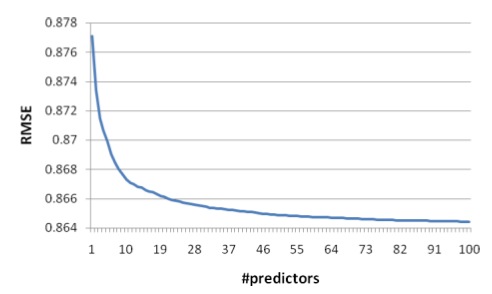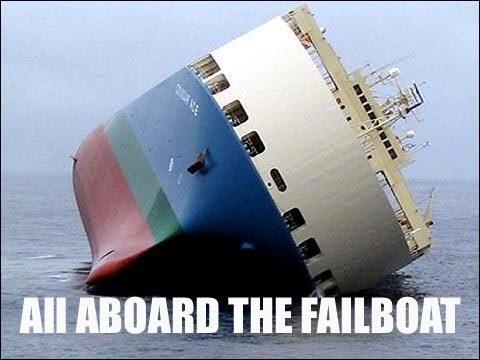1. Get and stay out of your comfort zone. I believe that not much happens of any significance when we’re in our comfort zone. I hear people say, “But I’m concerned about security.” My response to that is simple: “Security is for cadavers.”
2. Never give up. Almost nothing works the first time it’s attempted. Just because what you’re doing does not seem to be working, doesn’t mean it won’t work. It just means that it might not work the way you’re doing it. If it was easy, everyone would be doing it, and you wouldn’t have an opportunity.
3. When you’re ready to quit, you’re closer than you think. There’s an old Chinese saying that I just love, and I believe it is so true. It goes like this: “The temptation to quit will be greatest just before you are about to succeed.”
4. With regard to whatever worries you, not only accept the worst thing that could happen, but make it a point to quantify what the worst thing could be. Very seldom will the worst consequence be anywhere near as bad as a cloud of “undefined consequences.” My father would tell me early on, when I was struggling and losing my shirt trying to get Parsons Technology going, “Well, Robert, if it doesn’t work, they can’t eat you.”
5. Focus on what you want to have happen. Remember that old saying, “As you think, so shall you be.”
6. Take things a day at a time. No matter how difficult your situation is, you can get through it if you don’t look too far into the future, and focus on the present moment. You can get through anything one day at a time.
7. Always be moving forward. Never stop investing. Never stop improving. Never stop doing something new. The moment you stop improving your organization, it starts to die. Make it your goal to be better each and every day, in some small way. Remember the Japanese concept of Kaizen. Small daily improvements eventually result in huge advantages.
8. Be quick to decide. Remember what General George S. Patton said: “A good plan violently executed today is far and away better than a perfect plan tomorrow.”
9. Measure everything of significance. I swear this is true. Anything that is measured and watched, improves.
10. Anything that is not managed will deteriorate. If you want to uncover problems you don’t know about, take a few moments and look closely at the areas you haven’t examined for a while. I guarantee you problems will be there.
11. Pay attention to your competitors, but pay more attention to what you’re doing. When you look at your competitors, remember that everything looks perfect at a distance. Even the planet Earth, if you get far enough into space, looks like a peaceful place.
12. Never let anybody push you around. In our society, with our laws and even playing field, you have just as much right to what you’re doing as anyone else, provided that what you’re doing is legal.
13. Never expect life to be fair. Life isn’t fair. You make your own breaks. You’ll be doing good if the only meaning fair has to you, is something that you pay when you get on a bus (i.e., fare).
14. Solve your own problems. You’ll find that by coming up with your own solutions, you’ll develop a competitive edge. Masura Ibuka, the co-founder of SONY, said it best: “You never succeed in technology, business, or anything by following the others.” There’s also an old Asian saying that I remind myself of frequently. It goes like this: “A wise man keeps his own counsel.”
15. Don’t take yourself too seriously. Lighten up. Often, at least half of what we accomplish is due to luck. None of us are in control as much as we like to think we are.
16. There’s always a reason to smile. Find it. After all, you’re really lucky just to be alive. Life is short. More and more, I agree with my little brother. He always reminds me: “We’re not here for a long time; we’re here for a good time.”
Perhaps. 🙂
I’m very guilty of violating rule #3 (“When you’re ready to quit, you’re closer than you think”). I find it very odd how quickly I’ll neglect some project when it is very close to completion and/or success. Must be some kind of weird self-destructive streak. Or fear of FAIL.
I like Bob Parsons’ list because it is practical and not as “touchy-feely” as many of the other self-improvement lists out there. Maybe it will help me get rid of my boarding pass to the FAIL BOAT.


 ;
; ;
;
